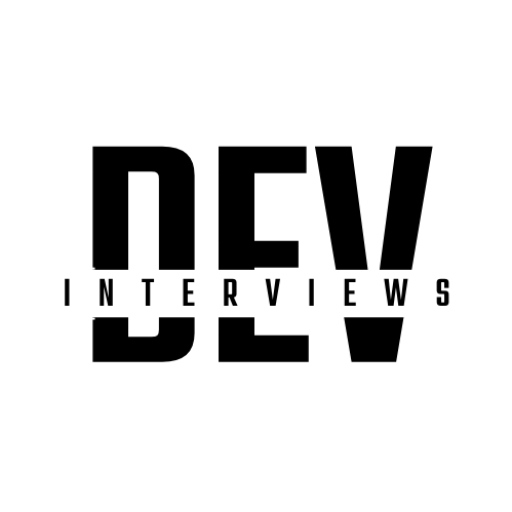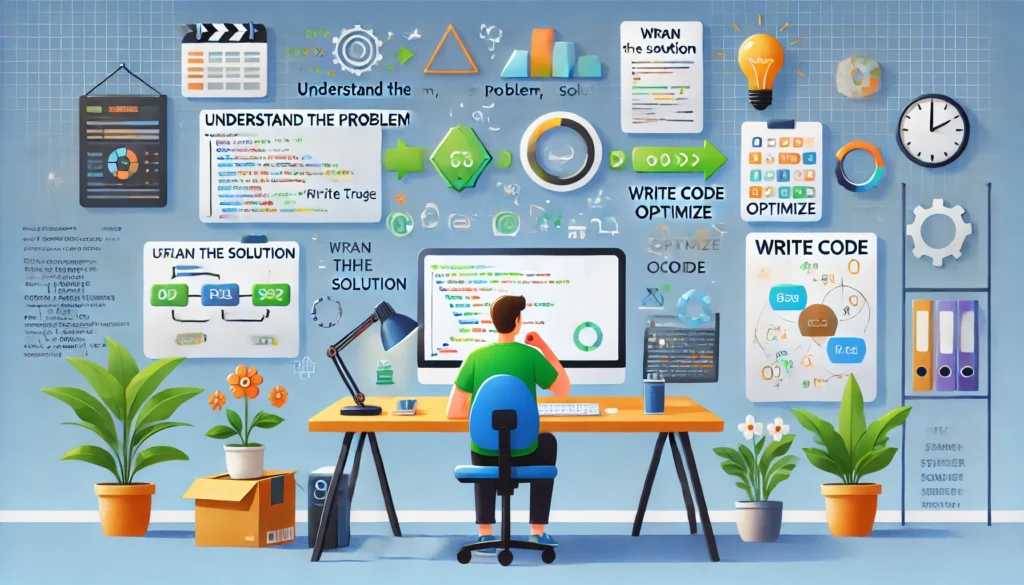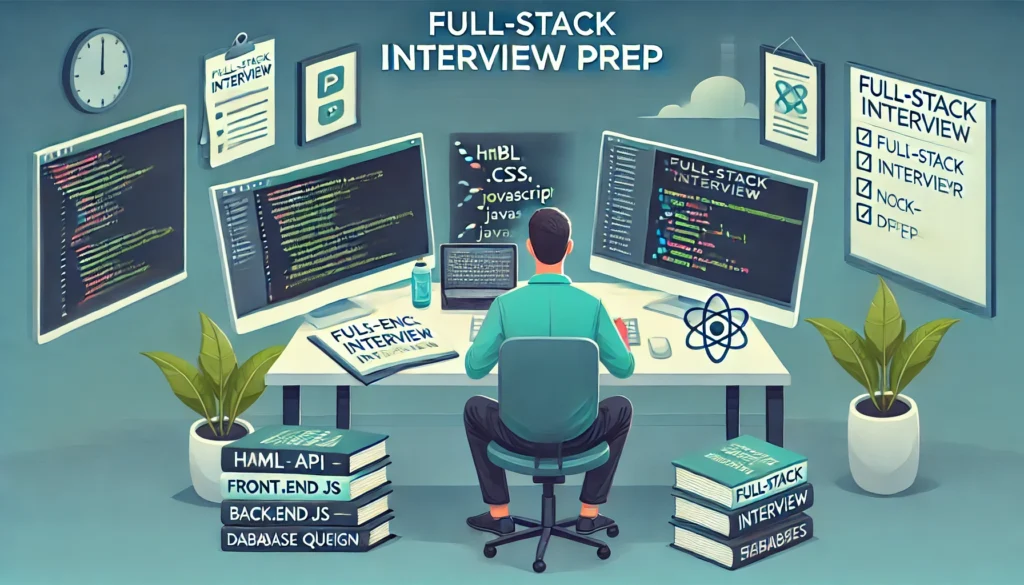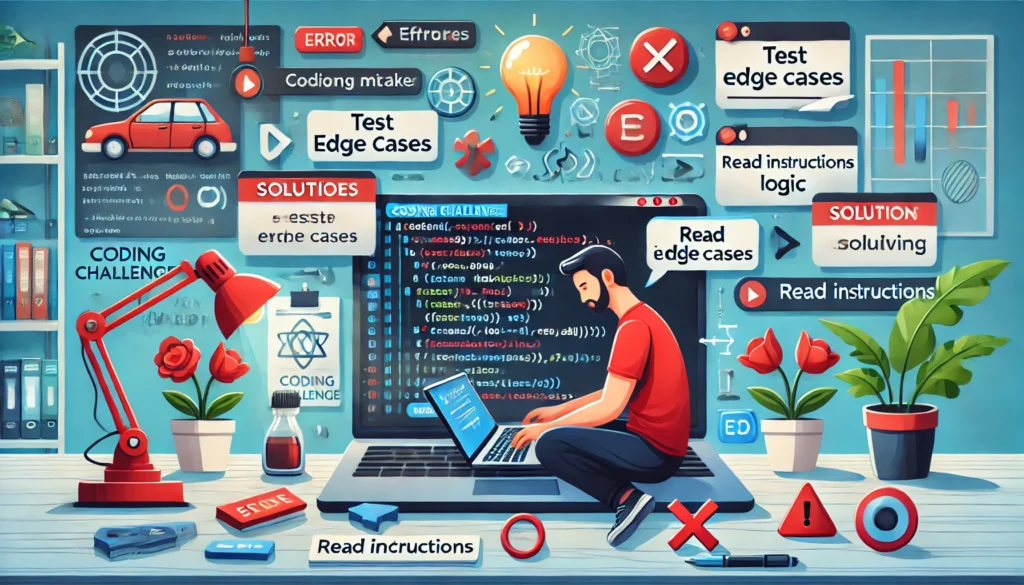Problem-solving is a critical skill in technical interviews, and it’s one of the key areas where interviewers evaluate candidates. Whether you’re asked to solve coding problems, design systems, or troubleshoot errors, your ability to approach challenges logically and systematically will determine your success. Fortunately, problem-solving is a skill you can improve with practice and the right strategies.
In this article, we’ll share practical tips to help you enhance your problem-solving abilities and perform better in interviews.
1. Understand the Problem First
One of the biggest mistakes candidates make during interviews is jumping straight into the solution without fully understanding the problem. Before you write a single line of code or propose a solution, take time to analyze the problem and ensure you understand all its aspects.
Key Steps:
- Clarify requirements: Ask the interviewer clarifying questions to make sure you fully understand the scope and constraints of the problem.
- Restate the problem: Repeat the problem back to the interviewer in your own words. This helps confirm your understanding and can highlight any missing details.
- Identify edge cases: Consider the edge cases and scenarios that might break your solution before you start solving the problem.
2. Break the Problem Down
Complex problems can feel overwhelming, especially under pressure. The key is to break the problem into smaller, more manageable parts. This approach not only makes the problem easier to solve but also helps you structure your thinking more clearly during the interview.
How to Break It Down:
- Divide into sub-problems: Identify smaller components or steps that lead to the solution. For example, if you’re solving a coding problem, focus on implementing one function or feature at a time.
- Tackle simple cases first: Solve a simpler version of the problem before working on the more complex version. This allows you to understand the core mechanics and then refine your solution.
3. Practice Different Problem Types
Interviews often cover a range of problem types, including algorithms, data structures, system design, and logic-based problems. By practicing a variety of problems, you’ll develop a broader skill set and learn to approach challenges from multiple angles.
Types of Problems to Practice:
- Algorithms and data structures: Focus on common algorithms like sorting, searching, and recursion, as well as data structures like arrays, linked lists, trees, and hashmaps.
- Dynamic programming: This technique is frequently tested in technical interviews. Make sure you’re comfortable with the basics of dynamic programming and solving optimization problems.
- System design: Practice designing scalable systems by focusing on concepts like databases, caching, load balancing, and distributed systems.
4. Learn to Think Aloud
In an interview, it’s not just about arriving at the correct solution—it’s about showing the interviewer how you think. By thinking aloud, you demonstrate your problem-solving process and give the interviewer insight into your thought patterns.
Why Thinking Aloud Helps:
- Shows your approach: Even if you don’t arrive at the final solution immediately, articulating your process helps the interviewer understand how you approach problems and what you’re considering.
- Allows for feedback: By explaining your thought process, the interviewer can offer hints or guide you in the right direction if you’re going off track.
5. Optimize for Efficiency
Once you have a basic solution, think about how you can improve its efficiency. Interviewers are often looking for optimal solutions, so demonstrating your ability to optimize your code or design can set you apart from other candidates.
Key Considerations:
- Time and space complexity: After implementing a solution, analyze its time and space complexity (e.g., Big O notation) and discuss potential ways to make it more efficient.
- Trade-offs: Discuss the trade-offs involved in your solution. For example, if you’re using extra memory to optimize for speed, explain why that’s a reasonable choice for the given problem.
6. Refine Your Debugging Skills
Effective problem solvers are also skilled debuggers. During an interview, you may encounter unexpected issues or bugs in your solution. Being able to troubleshoot and debug efficiently shows that you’re capable of overcoming obstacles.
Tips for Debugging:
- Stay calm: Don’t panic when you encounter a bug. Stay calm and methodically work through your code to identify the issue.
- Use print statements: In coding interviews, print statements can help you trace the flow of data and see where things might be going wrong.
- Step through your logic: If you’re stuck, walk through your code step by step, either verbally or mentally, to identify where the problem might lie.
7. Practice Under Timed Conditions
Interviews are typically time-constrained, so practicing solving problems under a time limit will help you get used to the pressure. By simulating the interview environment, you’ll improve your ability to think quickly and avoid getting flustered during the real thing.
How to Practice:
- Set time limits: Give yourself a specific time limit (e.g., 30-45 minutes) to solve a problem, just as you would in an interview.
- Mock interviews: Practice with a friend or mentor who can simulate the interview experience. This will help you get comfortable thinking on your feet while being observed.
8. Review and Learn from Past Mistakes
Improvement comes from learning, and one of the best ways to learn is by reviewing your past mistakes. After every practice session or real interview, take the time to reflect on what went well and where you could improve.
Reflection Tips:
- Analyze failed attempts: If you couldn’t solve a problem or encountered difficulties, review the solution and identify what you missed.
- Reattempt problems: Try solving the same problem again after learning from your mistakes to reinforce the concepts and strategies.
- Track your progress: Keep a log of the types of problems you’ve solved, the challenges you encountered, and your improvements over time.
Conclusion
Problem-solving is a skill that can be cultivated with deliberate practice. By understanding the problem, breaking it down, practicing different problem types, and continuously refining your approach, you can significantly improve your problem-solving abilities. As you prepare for interviews, remember that interviewers aren’t just looking for a correct answer—they want to see your thought process and how you tackle challenges. Stay calm, think aloud, and treat every interview as a learning opportunity.




